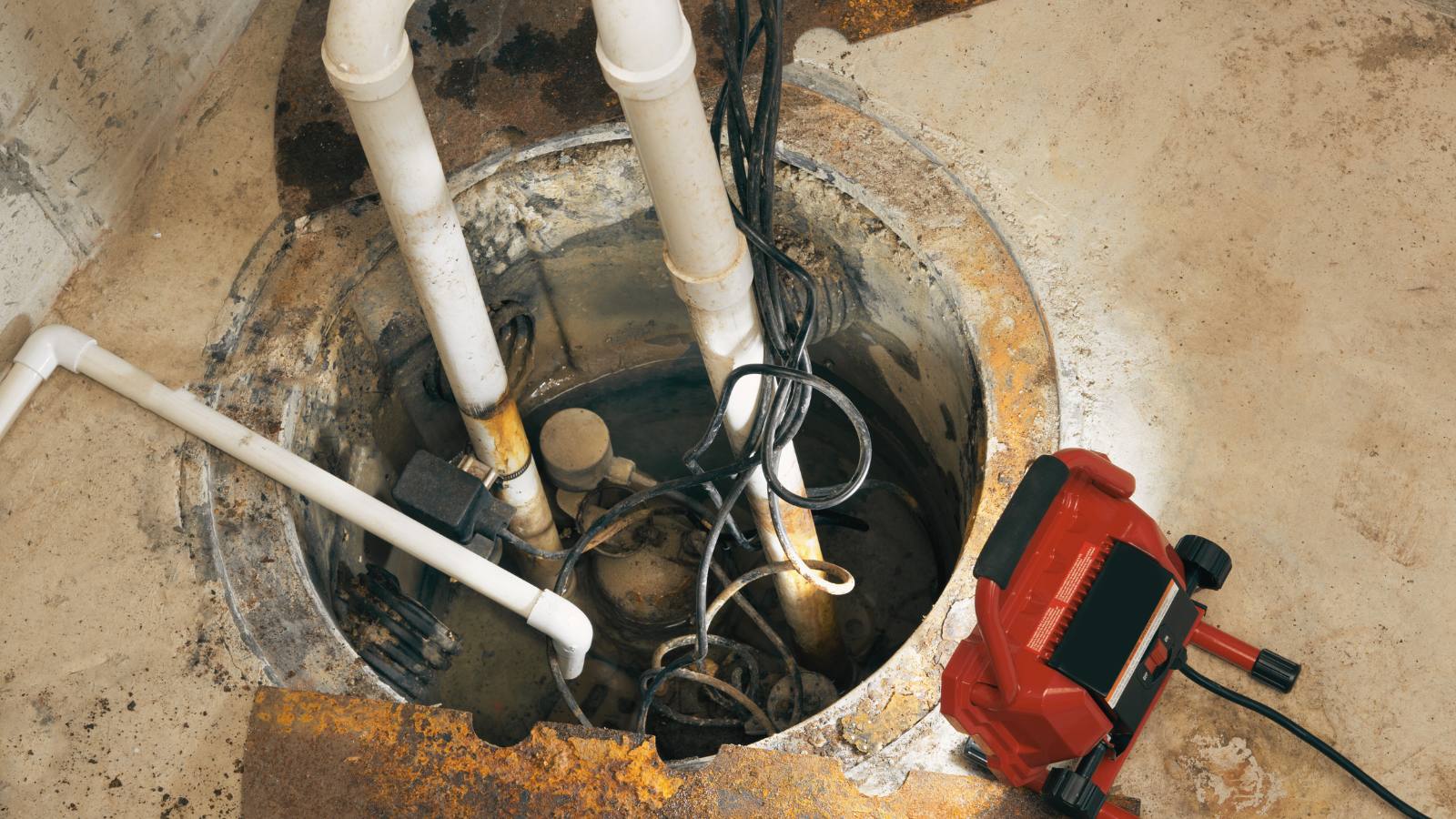Understanding Bomb Cyclones and Protecting Your Property
A bomb cyclone, also known as bombogenesis, is a meteorological phenomenon that unleashes the fierce power of winter storms. It occurs when a storm's...

Water damage in commercial buildings can be a costly and time consuming issue to fix. The worst part is, sometimes the damage isn’t known until it causes detrimental effects throughout the building - everything from dripping walls to pooling water under carpets or floorboards. It can lead to dangerous mold growth, foundation stability issues, an uncomfortable working environment for your staff and worst of all significant disruptions to business productivity. Knowing these six steps can help make the process of restoring buildings after water damage go more smoothly–saving time, money, and peace of mind in the long run.
The initial crucial step in proper water extraction is locating and promptly shutting down the water source. At CRC, we conduct a comprehensive assessment of the situation, including damages and safety concerns such as asbestos. Based on our findings, we develop a personalized restoration plan and provide a detailed estimate.
Standing water resulting from flooding or burst pipes can pose health hazards, potentially leading to severe consequences, including fatalities. To ensure your safety, it is best to entrust the retrieval and salvage of your possessions to experts. If addressed promptly, damaged papers, books, and photographs can often be restored. Additionally, we can salvage and recycle materials or dispose of them responsibly.
Effective cleanup begins with professional water extraction services. Our trained technicians utilize appropriate safety gear and specialized equipment, such as submersible pumps, truck-mounted vacuums, and other necessary apparatus. Extracting the majority of standing water prevents further damage and inhibits mold growth.
At CRC, we employ infrared cameras to assess saturation levels and identify hidden water behind walls or in ceilings. Upon completing the extraction, we assess whether carpet and carpet padding removal is necessary to preserve the integrity of your subfloor.
Efficient dehumidification helps salvage and repurpose as much of the original materials as possible, reducing costs while restoring your building's interior to its pre-flood condition.
Following effective water extraction, comprehensive cleaning is essential to restore your building or business to its normal state. At CRC, we specialize in providing the necessary techniques, equipment, and tools for thorough cleaning. Our experts ensure that as many items as possible are restored to their pre-damage condition.
Flooding often leaves behind unpleasant odors that can render a building uninhabitable. To address this issue, we employ portable filtration systems (air scrubbers) to remove offensive odors that may persist even after water extraction services. Our team uses industrial-grade cleaning agents to sanitize and disinfect affected areas, adhering to insurance guidelines when disposing of damaged items with your approval.
Water damage can have severe consequences, making prompt and effective water extraction services essential. Ensuring swift action and professional expertise are key to mitigating further damage and restoring your property to its original condition. By shutting down the water source, protecting against health issues, removing standing water, drying out the area and materials, thorough cleaning, and eliminating lingering odors, the restoration process can be successful.
Contact CRC today for reliable water extraction services that prioritize your safety and property restoration.

A bomb cyclone, also known as bombogenesis, is a meteorological phenomenon that unleashes the fierce power of winter storms. It occurs when a storm's...

In the realm of commercial buildings, an essential but often overlooked component is the sump pump. These devices play a critical role in...
.jpg)
Appliances have a limited lifespan and can eventually result in water damage, especially water heaters. It is crucial to be able to identify...